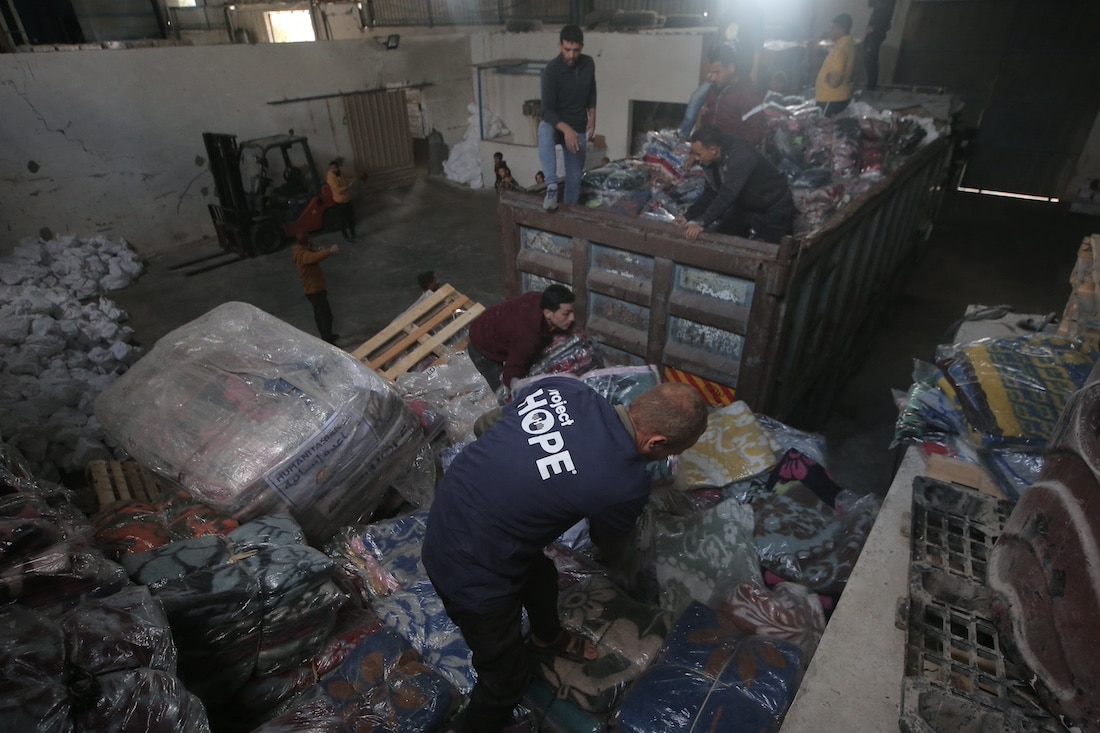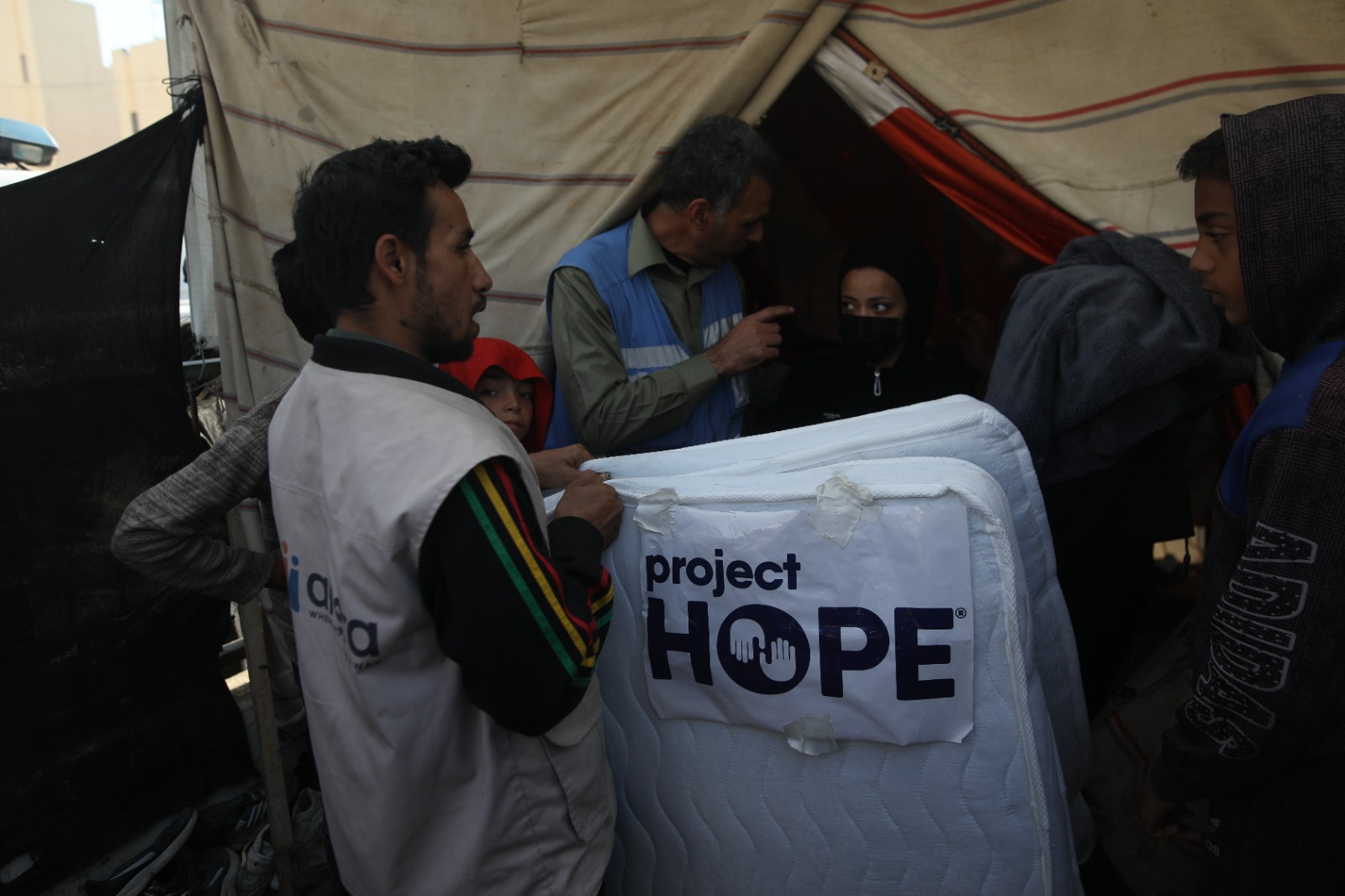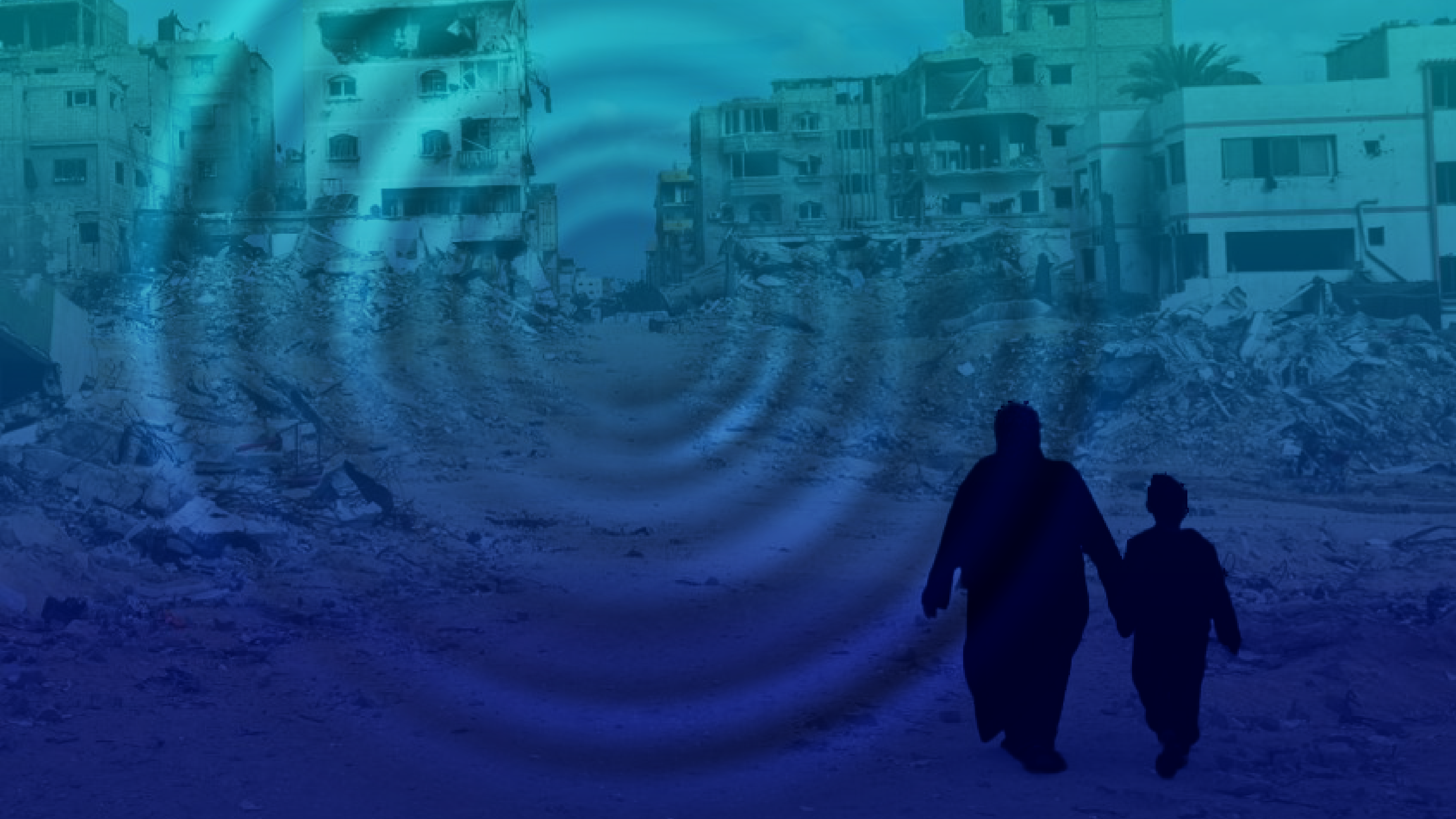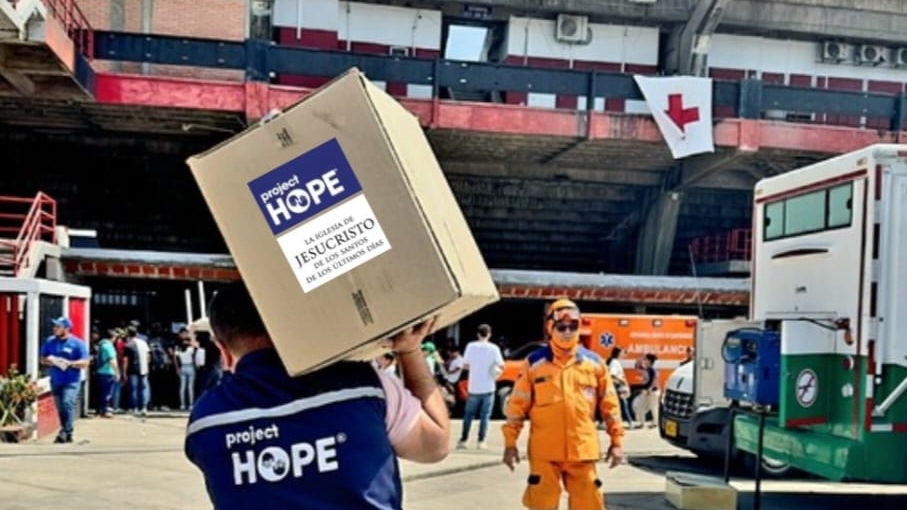Photos: On the Ground Inside Gaza’s Humanitarian Emergency
Months of violence have led to a widespread humanitarian emergency in Gaza. Go inside the crisis to see first-hand how it’s impacting families.

For months, residents of Gaza have borne the weight of nearly unending violence. The conflict inside Gaza has led to a humanitarian catastrophe: Almost 1.9 million people — roughly 85% of the population — are displaced. Nowhere and no one in Gaza is safe. People are hungry, grieving, and living without clean water or electricity.
Project HOPE is on the ground in Gaza helping provide urgent medical support to families in need:
- Providing direct medical care at our new primary health clinic in Deir Al Balah
- Delivering hygiene kits, mattresses, and blankets to displaced families
- Partnering with local organizations to implement mental health care programs in Gaza and the West Bank
- Equipping local health workers with the supplies and medicines they need to save lives

Dr. Santosh Kumar, Medical Coordinator for Project HOPE in Cairo, said:
“During a recent visit to a school in Rafah that is housing displaced women and children, my colleague witnessed over 70 pregnant women and 39 newborns enduring overcrowded conditions with nearly no access to essential resources such as food, clean water, bathrooms, and proper hygiene facilities. Across Gaza, 52,000 women and pregnant and over 180 babies are delivered every day. Without access to a trained health worker or midwife, childbirth can threaten the lives of both the mother and child, especially when you’re living in challenging circumstances.”
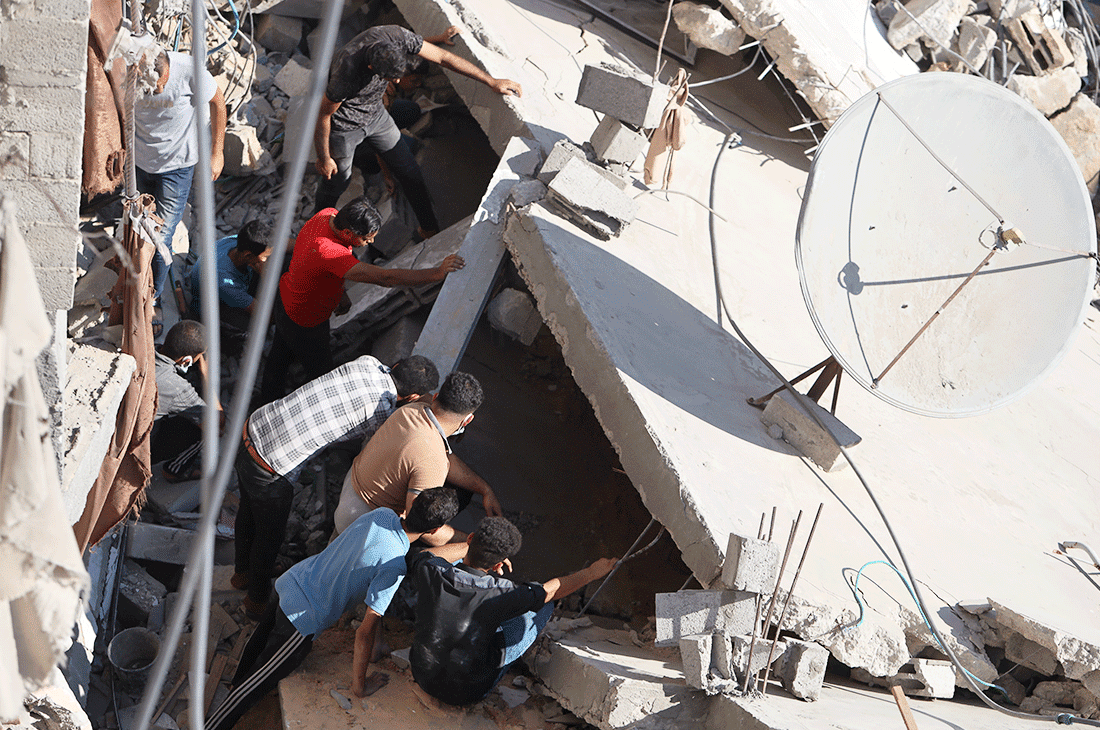
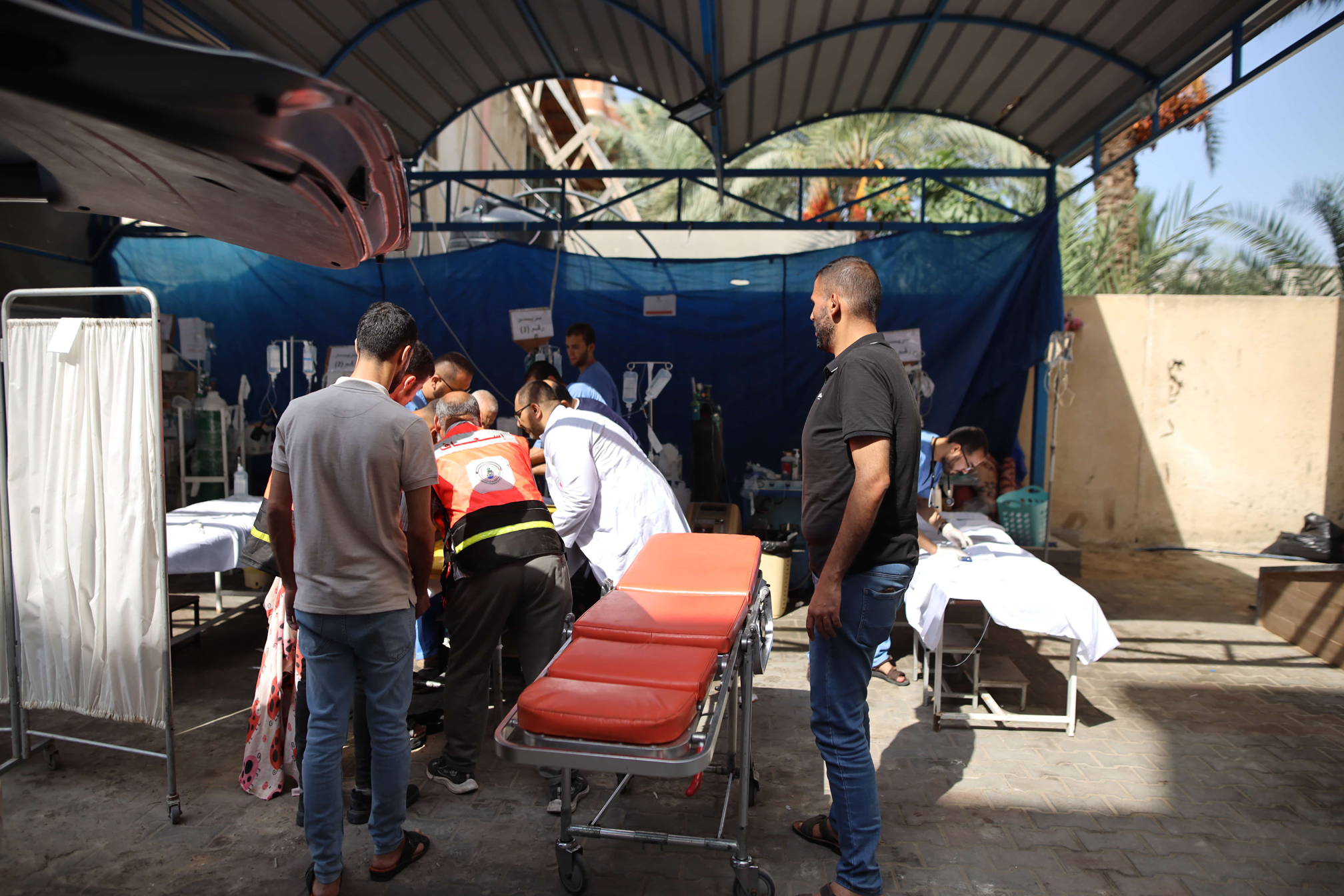
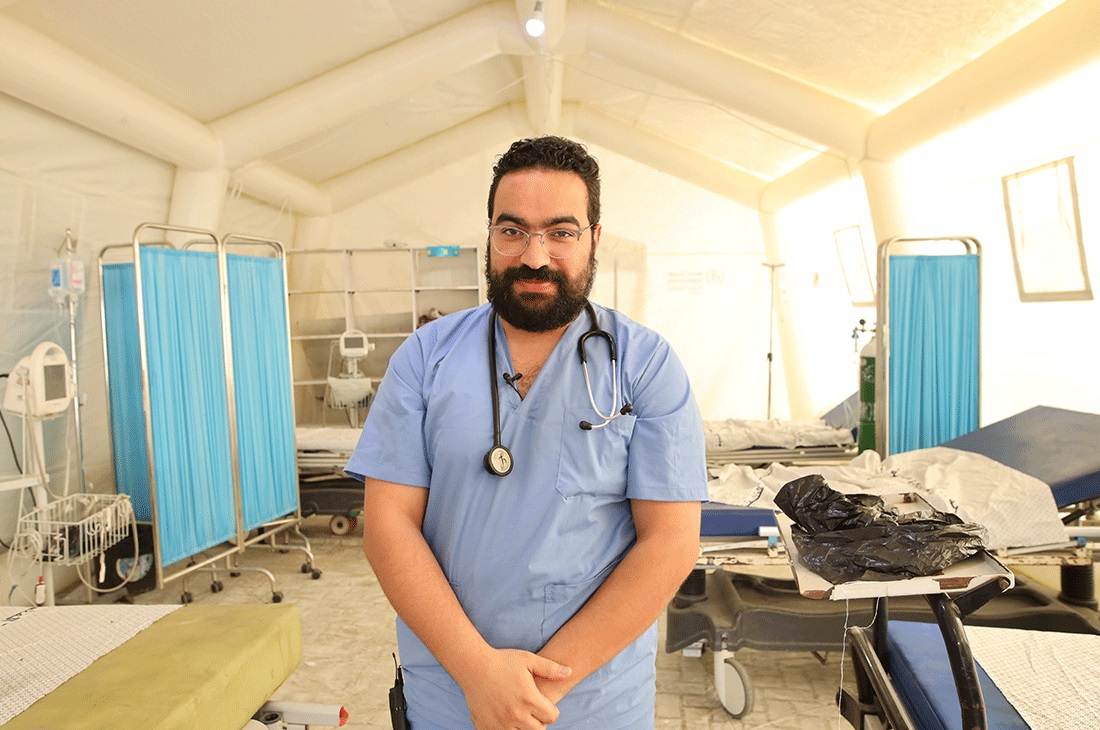
Motaz al Aaaraj, Program Officer for Project HOPE in Rafah, said:
“Hospitals, overwhelmed with emergency cases, no longer admit patients with injuries, sprains, or cold-related symptoms as it isn’t life threatening. Surgeries, including amputations, are performed without anesthesia or pain relief. Post operative care barely exists. Patients go directly from the operating table to their homes, tents, or any available shelter they can find.”
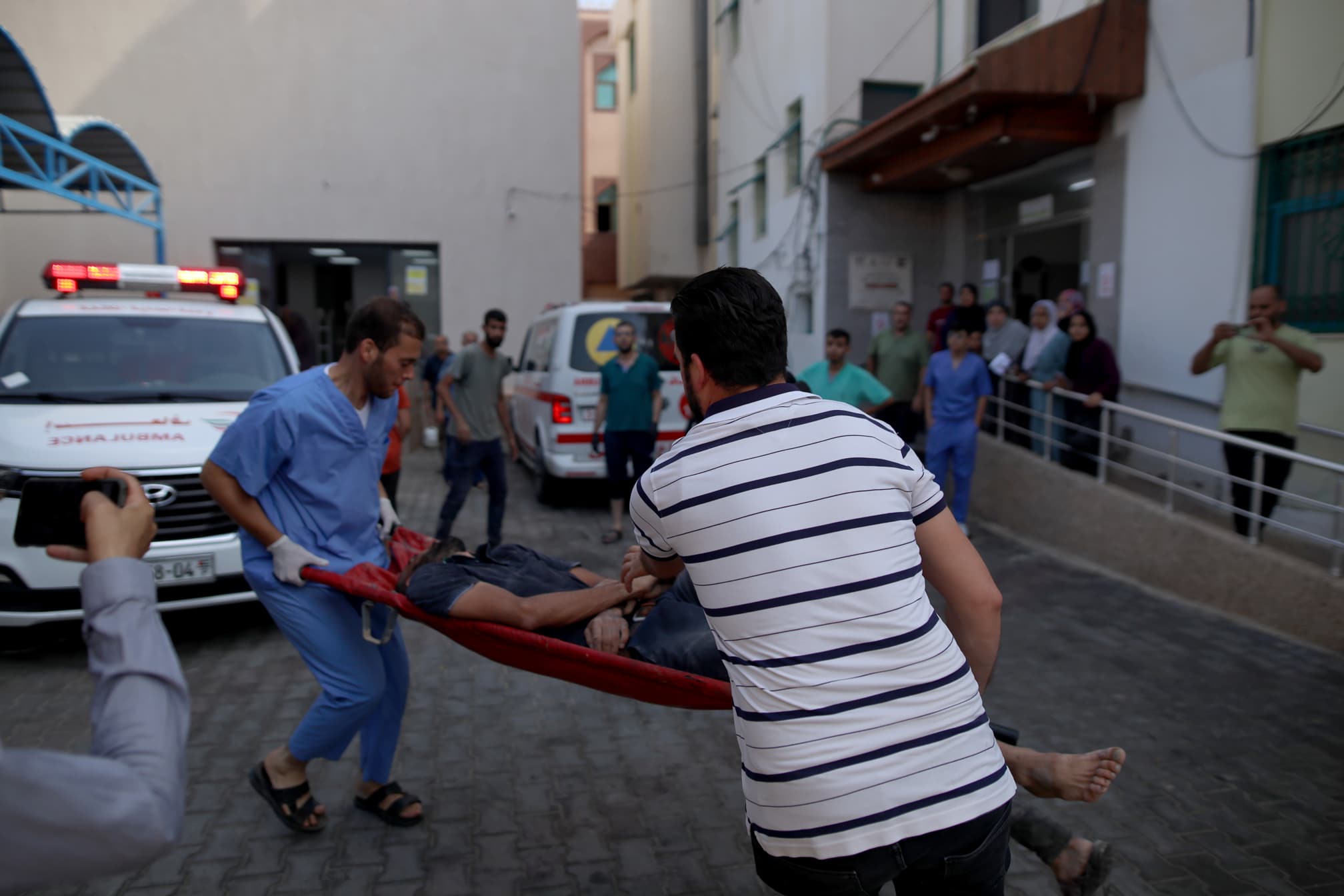
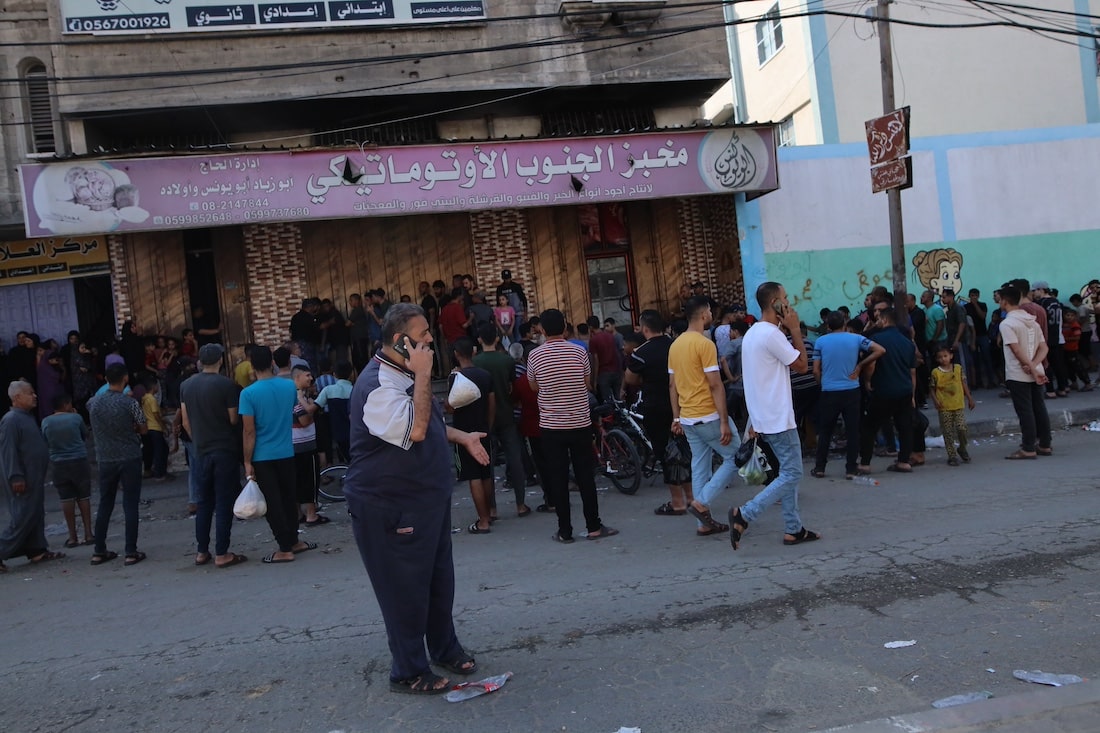



Dr. Maram, Physician and Project HOPE team member in Deir al Balah, said:
“It’s becoming worse and worse every day. Living conditions have led to a dire health crisis. Most patients we see complain of gastroenteritis, upper respiratory tract infection, lice, and ascaris. Many infants have diaper rash due to not changing their diapers. For pregnant women, we have seen a lot of vaginitis and anemia. It is horrible here.”
